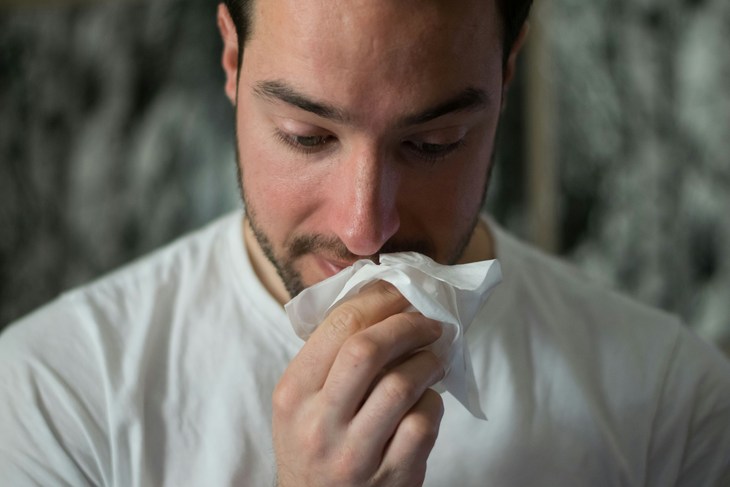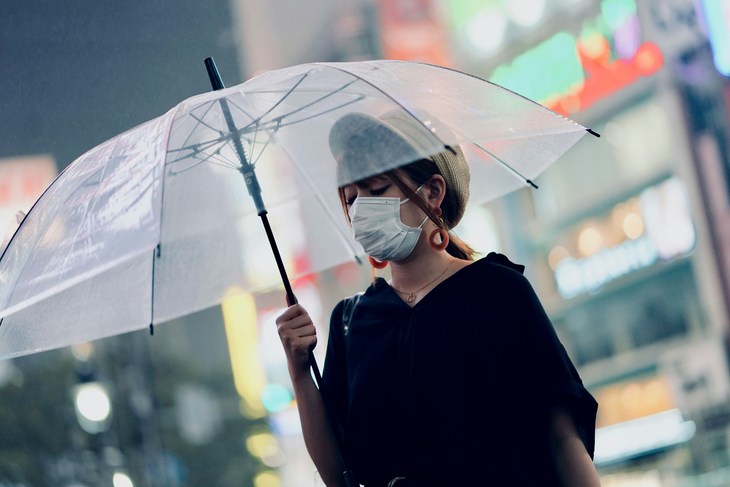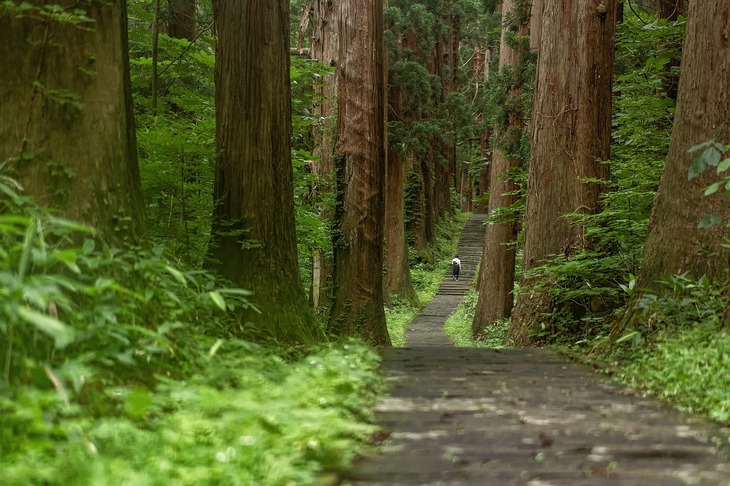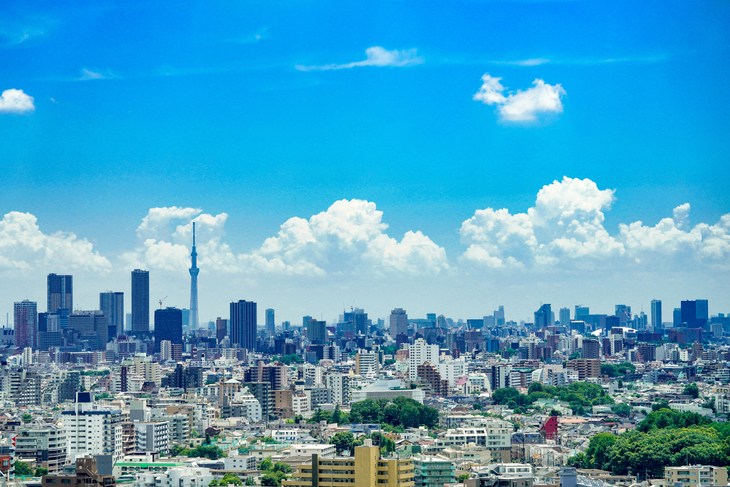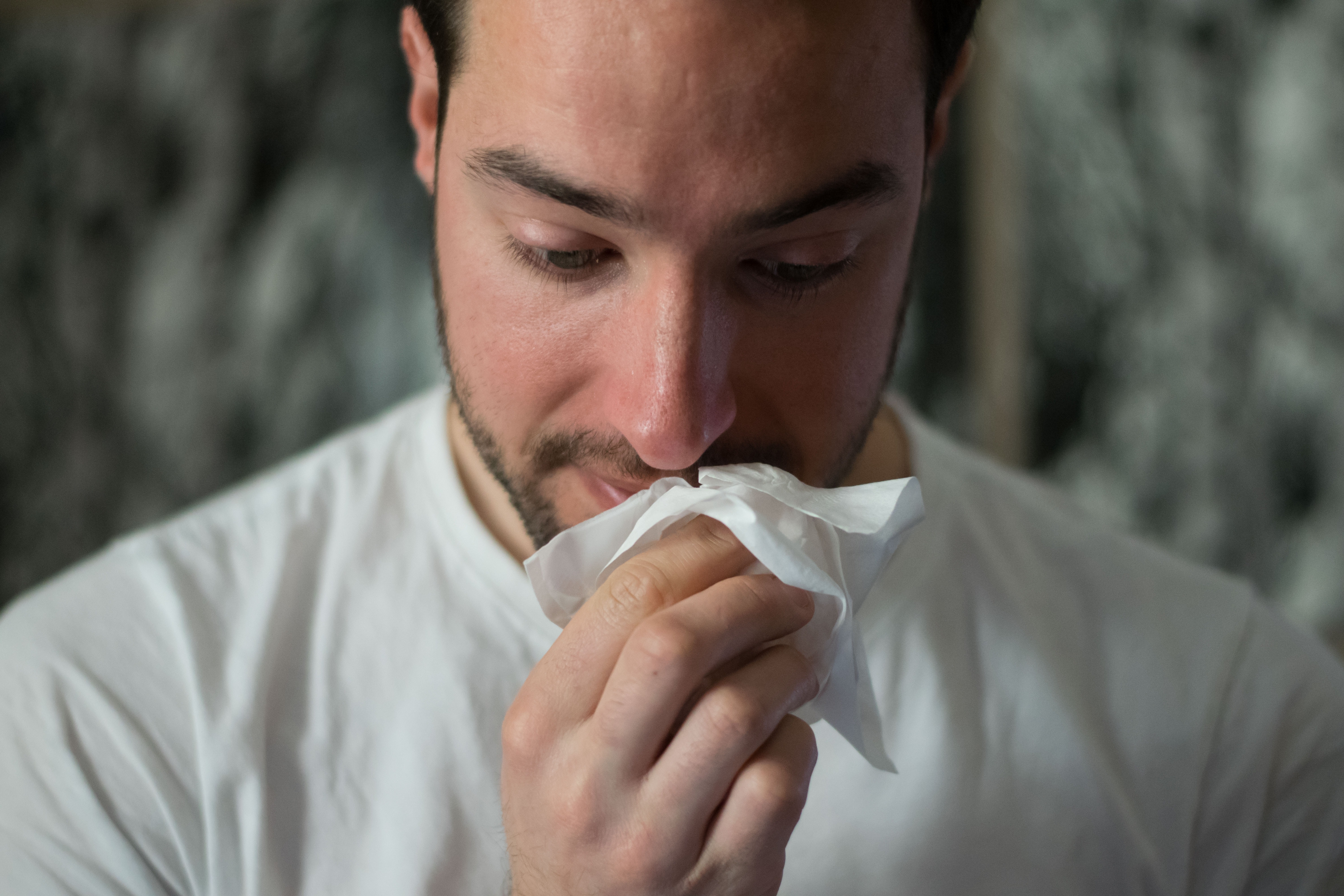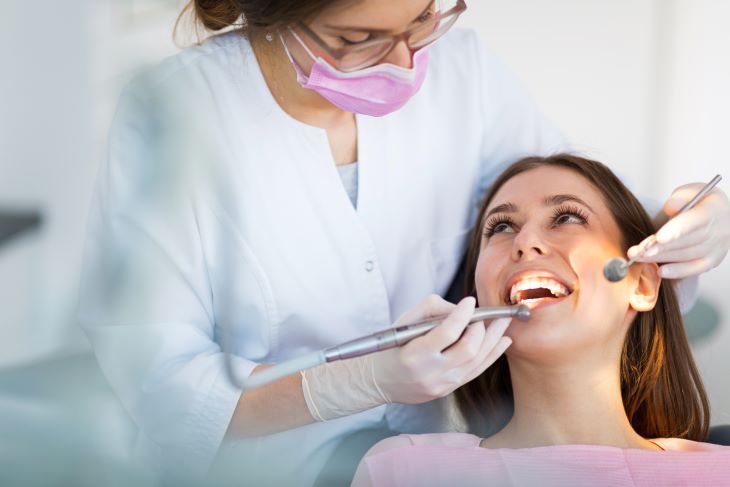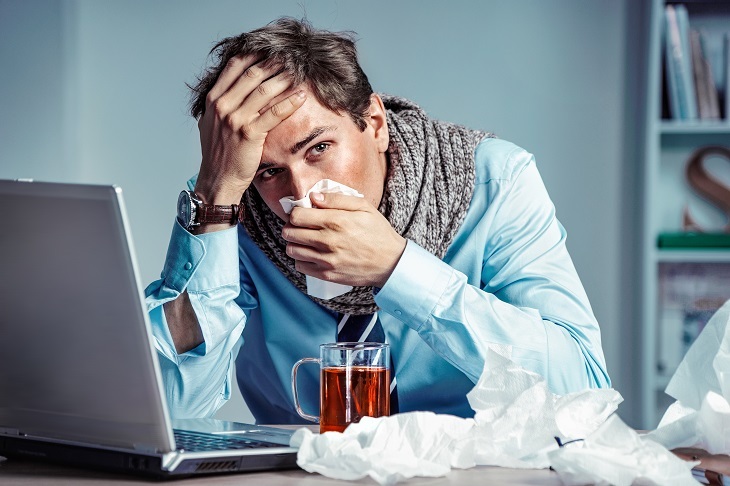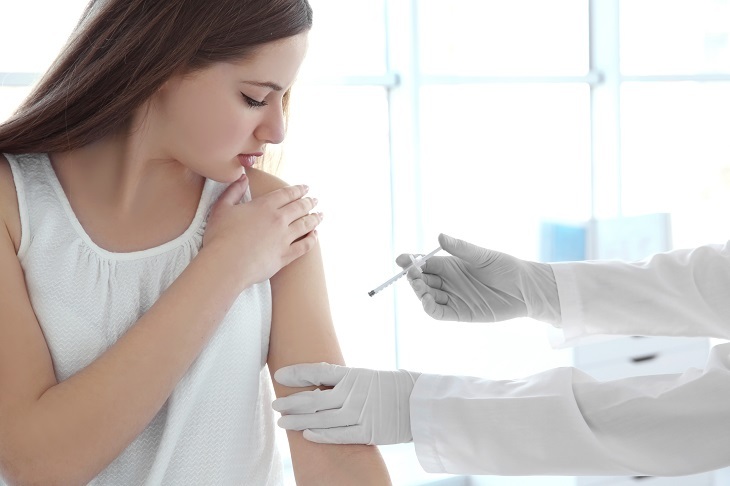Hay Fever in Japan: What You Need to Know
It's hay fever season in Japan, and with many people reporting worse allergy symptoms earlier in the year every year, it seems like hay fever is becoming more and more of a nuisance for residents in Japan. If you suffer from hay fever in your home country, you may be worried about whether you'll still have allergies when you come to Japan. And some people who have never had hay fever in their lives may suddenly find themselves coughing and sneezing in the spring in Japan because of it. So if you are suffering, or think you are suffering, from hay fever in Japan, here's everything you need to know about hay fever symptoms, how to protect yourself from and avoid pollen, and some recommendations for different kinds of over-the-counter medicine you can get in Japan to help manage your symptoms.
Hay Fever Symptoms to Watch Out For
If you have hay fever in your home country, you might get lucky and not have any hay fever symptoms for the first couple of years you live in Japan. But as your body gets more acclimatized to the country, you may start to develop hay fever again. It's also possible that you have never had hay fever symptoms, but suddenly start to develop them in Japan. If you are sneezing, have a stuffy nose, itchy eyes, a scratchy throat, or start to develop a cough from the scratchy throat, it could be from hay fever. Some people may also get headaches and feel groggy or tired from hay fever, but it depends on the person.
Many people feel that hay fever symptoms tend to be stronger than in their home country, to the point where it makes going about their daily lives much more challenging. That's why, if possible, it's best to try to protect yourself from symptoms in the first place.
How to Protect Yourself from Hay Fever in Japan
While it can be very difficult to avoid hay fever completely, here are some things you can do that will hopefully help to keep your hay fever in check.
・Wear a Mask
Even before the coronavirus pandemic, it was common to see people in Japan wearing masks during the early days of spring to protect themselves from pollen. Wearing a mask outdoors can help you avoid breathing in pollen, which should hopefully protect you from severe hay fever symptoms.
・Use an Air Purifier
If you have bad hay fever, it may be worth investing in an air purifier for your home. Keeping the air in your home clean from pollen using an air purifier with a HEPA filter can help ensure that you won't have bad hay fever symptoms while indoors. These air purifiers can sometimes be pricy, but well worth the cost if you find yourself stricken by hay fever even while in your home.
・Dry Your Clothes Indoors
If possible, after doing the laundry hang your clothing inside to dry. That way your laundry won't collect pollen while drying outside, leading to you having to deal with hay fever inside your home when you bring the laundry in.
・Keep Windows Closed
On days when there is lots of pollen in the air or on windy days in the spring, try to keep your windows shut as much as possible so that the pollen cannot get inside your house.
・Stay Clean and Keep Your Home Clean
At the end of the day, take a shower or at least wash your hair to get rid of any pollen that might've built up on you over the day. Wash your clothing and bedding regularly as well to get rid of any pollen as well. Vacuuming and cleaning your home often is also a good idea. Doing so will help you keep yourself and your home as pollen-free as can be.
・Keep Your Pets Indoors
If you have pets, they can bring in pollen from outside. It may not be a bad idea to avoid letting your pets out if possible during hay fever season. If you need to take them out, brush them and wipe them down before letting them back in the house in order to keep your pets from bringing in pollen.
Allergy Medicine in Japan
Since hay fever is so common for Japanese people, there are tons of medicines available over the counter at drugstores in Japan. Here is some information on the kind of hay fever medicine you can easily find anywhere in Japan.
・Antihistamines
If you have allergies, you are probably already familiar with antihistamines. Antihistamines will help provide relief for sneezing, runny noses, and itchiness, and are commonly taken by people with allergies. There are several different brands of antihistamines available in Japan, including the following.
・SS Pharmaceuticals Allegron 20: Taken once a day to relieve allergy symptoms. It's fairly strong so it is recommended you take it before bed and don't take it before driving or drinking alcohol.
・Hisamitsu Pharmaceutical Allegra FX: This antihistamine is taken twice a day: in the morning and in the evening. It is specifically marketed as not causing drowsiness, but you still shouldn't drink alcohol after taking it.
・Nasal Sprays
Saline and steroid-based nasal sprays are also available at drugstores in Japan. If you just want to treat your runny nose, a saline spray may do the trick. If your nose is particularly congested, you may want to use a steroid-based spray. Here are some nasal spray options you can find in Japan.
・Nasal αAR 0.1% 10ml: This is a steroid-based spray you can use up to four times a day to relieve congestion. It is recommended that you not use it for more than three months in a year, meaning that you should be okay to use it throughout hay fever season, but be careful if your allergies extend beyond the three months.
・AG Allercut EXc for Seasonal Allergies: Another steroid-based spray, this spray includes peppermint oil and menthol additives to provide a cooling sensation when you use it, which may help you feel a bit more relaxed or refreshed. This spray is also usable up to four times a day.
・Eye Drops
If hay fever is causing you to have itchy or watery eyes, you'll probably want to pick up some eye drops. There are a wide range of eye drops available in Japan, but here are a couple of options.
・Mytear Eyetect Alpitatto N: These eye drops are a mix of antihistamines and antiallergenic agents, so they will help with your itchy eyes while also helping to suppress other hay fever symptoms.
・Rohto Algard Clinical Shot m: These are particularly strong eye drops that you may want to look into if you have particularly bad allergies, including severely itchy eyes. They may help relieve your allergy symptoms if other allergy medications aren't doing enough.
Other Tips to Handle Hay Fever in Japan
Here are a few more things you can do to handle Japan's hay fever season.
・Check the Pollen Forecast
Many news programs, weather websites, and apps in Japan provide daily pollen forecasts you can check to get a sense of whether that day will be particularly bad for your hay fever. If the forecast says there will be a lot of pollen in the air, you may want to think about avoiding outdoor activities if you can.
・Take Vitamins and Supplements
Vitamin C, Vitamin D, and Omega-3 Fatty Acids all have properties that can be helpful for managing allergy symptoms. If you are not getting enough Vitamin C from food or not getting enough sunlight, increase your Vitamin C and D intake by taking supplements. For Omega-3s, taking fish oil or flaxseed oil supplements can be helpful if you are not getting enough from your diet. While taking supplements may not provide immediate relief for your hay fever symptoms, taking them will hopefully lessen your symptoms long-term.
Hay fever can make doing even the simplest of daily tasks a chore, especially if your hay fever is severe. While you may not be able to completely get rid of your hay fever in Japan, putting the tips we've given into practice and getting your hands on some good anti-allergy medicine will hopefully help you get through Japan's hay fever season in one piece.












